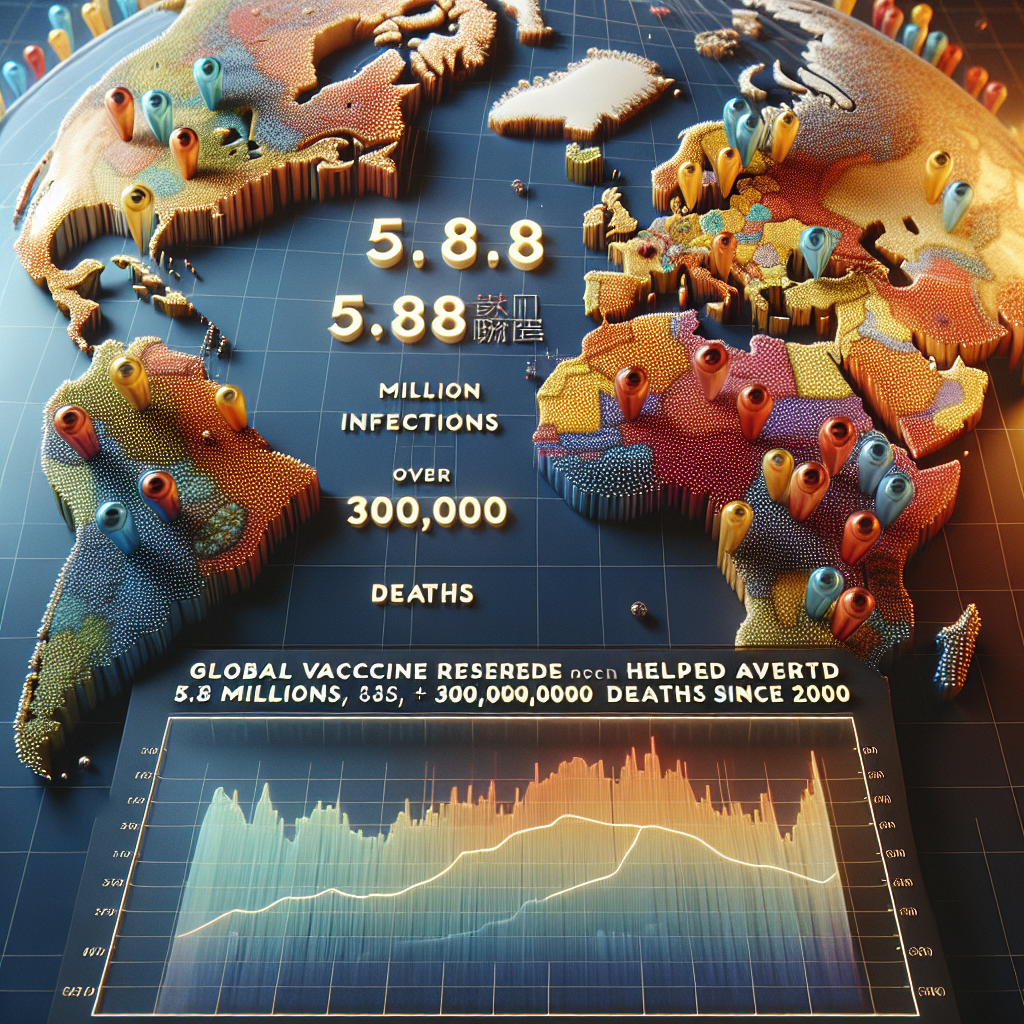The Urgent Need for Vaccination: Preventing Outbreaks of Major Diseases

As routine vaccination rates decline and foreign aid cuts impact health initiatives, the urgency for a safety net to combat potential outbreaks of diseases like cholera, Ebola, and measles has never been greater.
Understanding the Growing Challenge of Vaccination Decline
The world is facing a critical moment regarding public health, particularly in light of the recent decrease in vaccination rates. This decline poses significant risks, as evidenced by research highlighting the importance of maintaining robust vaccination programs to prevent potential outbreaks of deadly diseases such as:
- Cholera
- Ebola
- Measles
The Impact of Declining Vaccination Rates
Routine vaccinations have historically played a pivotal role in protecting populations from infectious diseases. However, the current trend shows a worrying drop in vaccination rates. This decline is exacerbated by:
- Reductions in foreign aid supporting vaccination programs
- Growing vaccine hesitancy among certain communities
- Disruptions caused by global events, including pandemics
Insurance Policies Against Major Disease Outbreaks
Given the challenges mentioned, experts stress the essential need for a strategy—an "insurance policy"—that can safeguard communities against the resurgence of these diseases. This could include:
- Enhanced funding for vaccination initiatives
- Public education campaigns to combat misinformation
- Strengthening healthcare infrastructure to ensure vaccine accessibility
Conclusion: A Call to Action
As we navigate these turbulent times, it is crucial to recognize the ongoing need for comprehensive vaccination strategies. The responsibility lies with governments, health organizations, and the public to foster a strong immunization program that not only protects individual health but also fortifies communities against potential outbreaks of cholera, Ebola, and measles. Investing in vaccination initiatives today ensures a healthier tomorrow for all.
